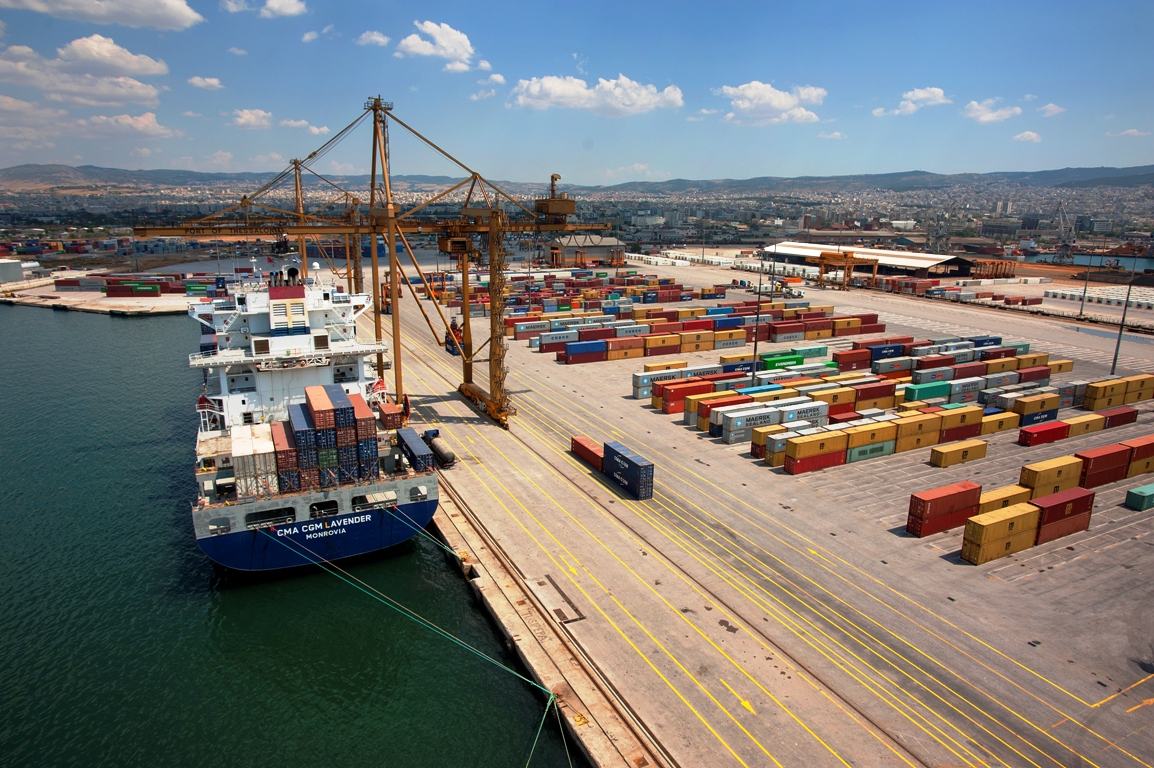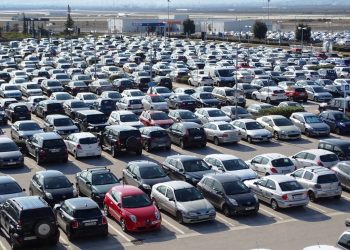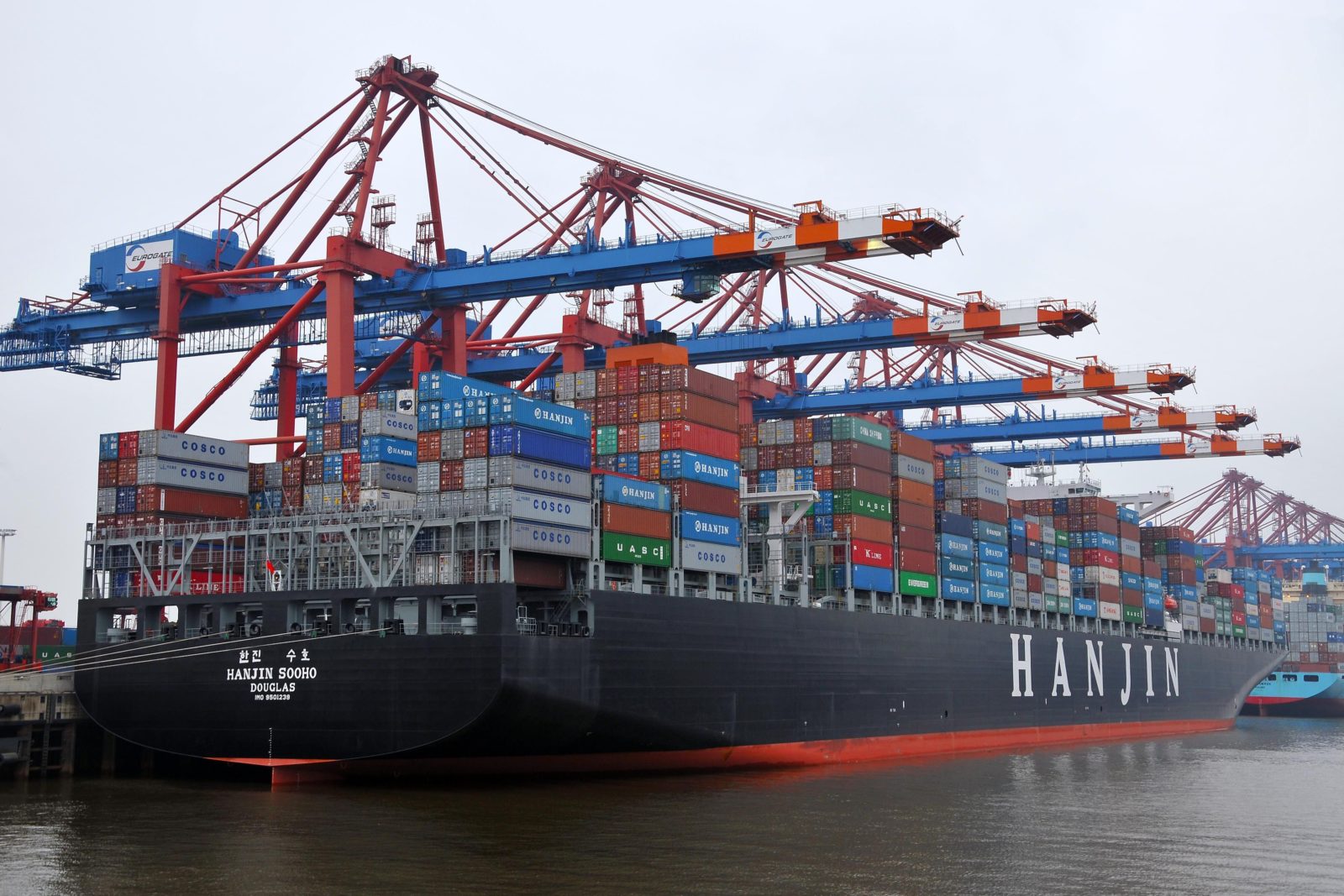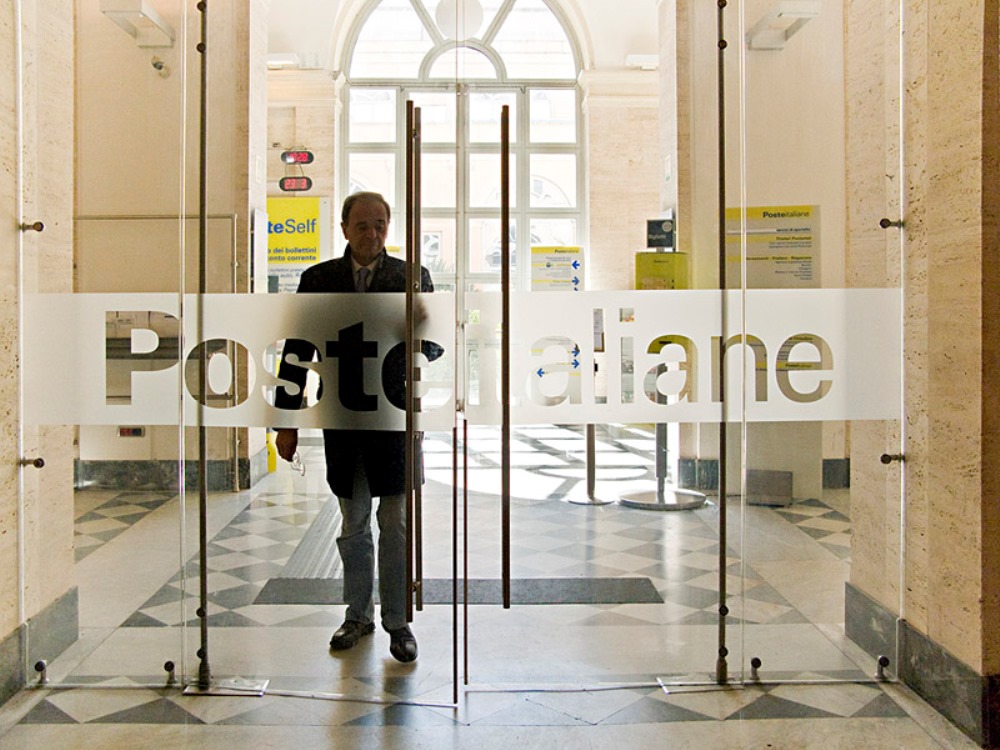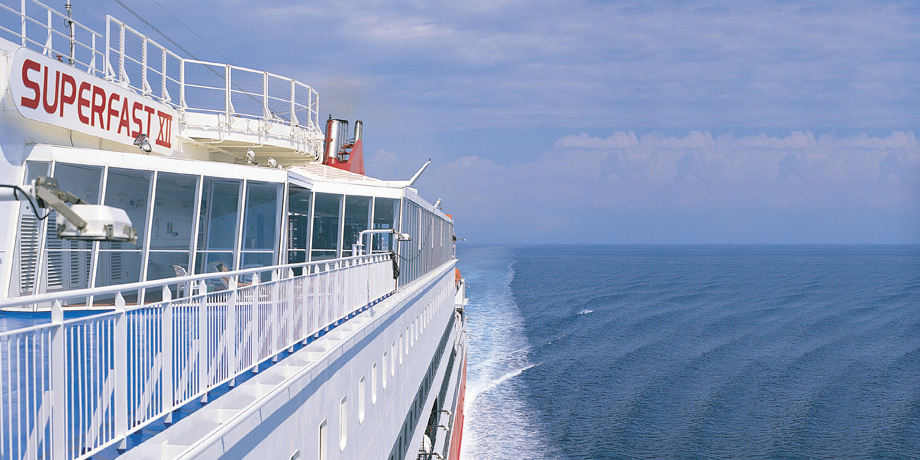Germany’s Öko-Institut warned the EU must cut global warming transport emissions by 94% by 2050 to stop the planet’s temperature rising above the two degree limit agreed by world leaders at the Paris climate summit in December 2015.
Experts warn that even a two degree rise will have a catastrophic impact and cost lives. The Paris Agreement, which entered into force in November this year, sets the cap at two degrees above pre-industrial levels, with an aspirational goal of 1.5%.
A massive 96.34% of the EU’s transport sector is based on polluting fossil fuels, according to figures released last week by the European Environment Agency.
Transport is responsible for almost a quarter of EU greenhouse gas emissions. Road transport accounted for more than 70% of all transport greenhouse gas emissions in 2014, according to the European Commission.

The Öko-Institut carried out the research, obtained exclusively by EurActiv.com, for Transport & Environment, an NGO. It focused on the emissions targets under discussion at EU level for sectors such as transport.
The EU has two main pieces of climate legislation aimed at keeping the promise made in Paris. The Emissions Trading System (ETS), which is currently under revision, and the Effort-Sharing Regulation (ESR).
The ETS governs the sectors covered in the world’s largest carbon market. The ESR covers the sectors which aren’t, including buildings, heating, agriculture and transport.
Put forward by the Commission in July, the ESR sets a 30% emissions reduction target by 2030. The bill is now subject to amendment in the European Parliament and in the Council of Ministers. Both institutions will ultimately have to agree on an identical text before it can become law.
According to the research, the 30% target translates to a 1% reduction per year. To hit the 94%, greenhouse gas emissions goal, the percentage must be closer to 2% or 3%.
But there is debate among member states about the ESR, with some countries pushing for a lower target than 30%. The ESR divides responsibility among member states to reach an EU-wide target.
Carlos Calvo Ambel, of Transport & Environment, said, “The proposals by some governments would effectively halve the ambition level.
“They claim they’re just unhappy about the way the efforts are distributed but if that’s really the problem, they should propose changes that don’t completely destroy the 2030 goals.”
Euractiv.com (22/12/16)


